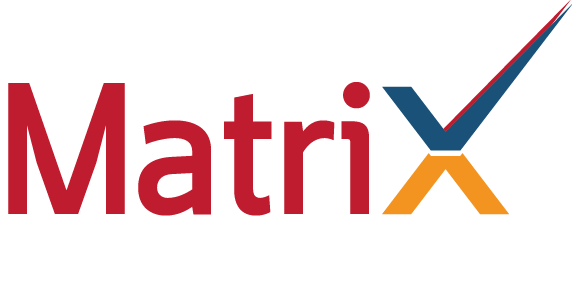Industrial Automation
Industrial automation deals primarily with the automation of manufacturing, quality control, and material handling processes. General-purpose controllers for industrial processes include programmable logic controllers, stand-alone I/O modules, and computers. Industrial automation is to replace the human action and manual command-response activities with the use of mechanized equipment and logical programming commands. One trend is increased use of machine vision to provide automatic inspection and robot guidance functions, another is a continuing increase in the use of robots. Industrial automation is simply required in industries.
Energy efficiency in industrial processes has become a higher priority. Semiconductor companies like Infineon Technologies are offering 8-bit micro-controller applications for example found in motor controls, general purpose pumps, fans, and ebikes to reduce energy consumption and thus increase efficiency.
Industrial Automation and Industry 4.0
The rise of industrial automation is directly tied to the “Fourth Industrial Revolution”, which is better known now as Industry 4.0. Originating from Germany, Industry 4.0 encompasses numerous devices, concepts, and machines, as well as the advancement of the industrial internet of things (IIoT). An “Internet of Things is a seamless integration of diverse physical objects in the Internet through a virtual representation.” These new revolutionary advancements have drawn attention to the world of automation in an entirely new light and shown ways for it to grow to increase productivity and efficiency in machinery and manufacturing facilities. Industry 4.0 works with the IIoT and software/hardware to connect in a way that (through communication technologies) add enhancements and improve manufacturing processes. Being able to create smarter, safer, and more advanced manufacturing is now possible with these new technologies. It opens up a manufacturing platform that is more reliable, consistent, and efficient than before. Implementation of systems such as SCADA is an example of software that takes place in Industrial Automation today. SCADA is a supervisory data collection software, just one of the many used in Industrial Automation. Industry 4.0 vastly covers many areas in manufacturing and will continue to do so as time goes on.
